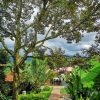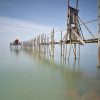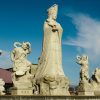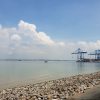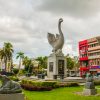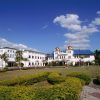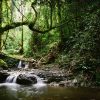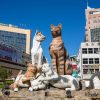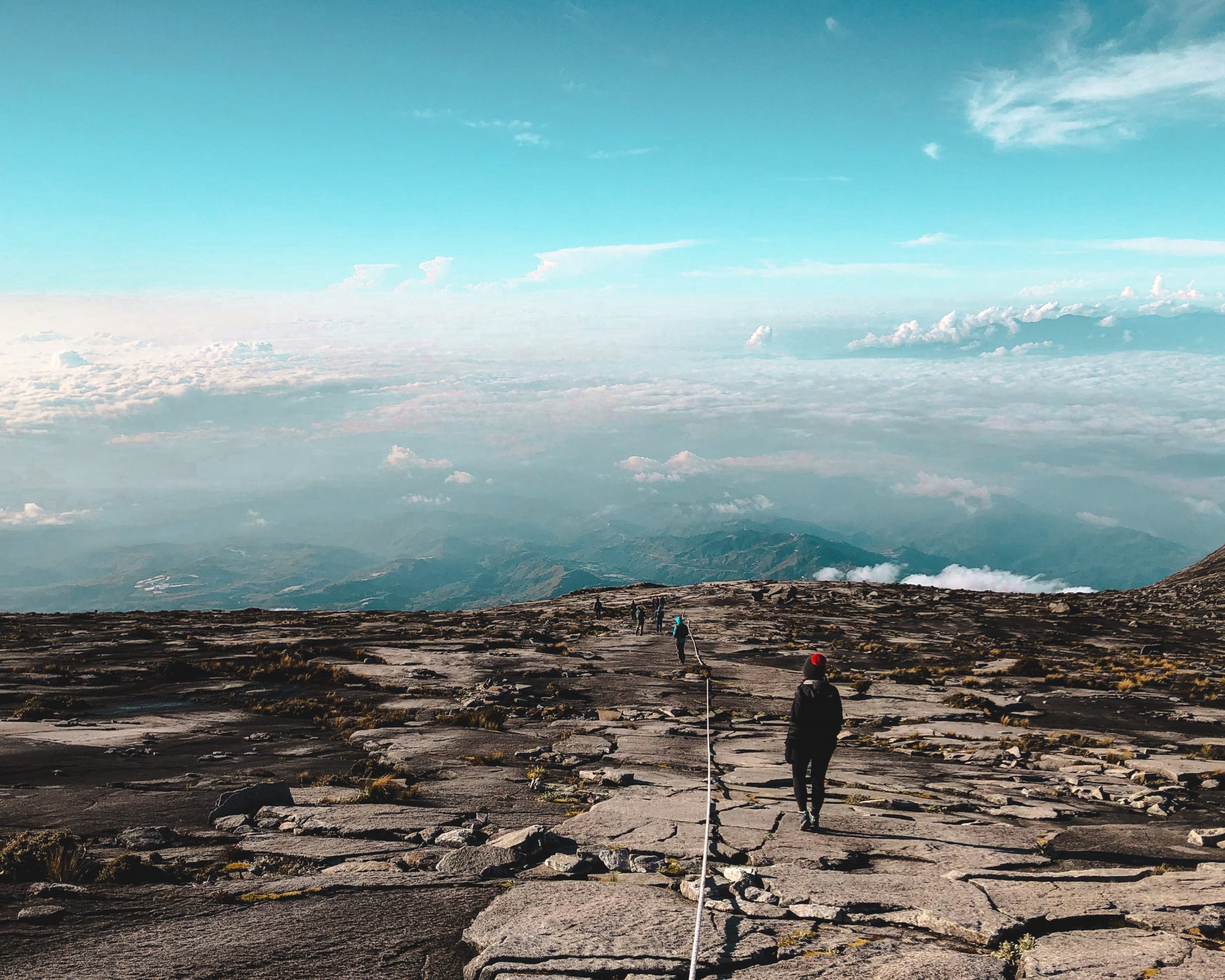
How Some Towns in Sabah Got Their Names
Published on February 14, 2018 | by toppeaktravel.com
Sabah Borneo is a unique place to visit, not only is it known to have many tribes living here, its diverse culture and tradition, but also the beauty of the places in Sabah Borneo as there are still many natural forests that are still left untouched and conserved. Not forgetting, the food in Sabah Borneo is to die for! It is so delicious that any travelers will certainly miss the unique taste of Sabah’s delicacy when they are back to their hometown.
When visiting Sabah Borneo for Borneo Holidays, there will be several districts that we either pass through or encounter. We may find that the name of each district in Sabah Borneo is unique and special. Therefore, this article will explain to any travelers (and locals too!) the origin of the districts’ name in Sabah Borneo.
Kota Kinabalu

Kota Kinabalu is the capital city of Sabah Borneo, which is located on the northwest coast of Sabah Borneo facing South China Sea. Formerly known as Jesselton during the British Colonization in 1800, it is a major gateway to explore the wildlife and nature in the northern region of Borneo Island. Kota Kinabalu is named after Mount Kinabalu (the highest mountain in Malaysia) and “Kota” which in the Malay language means fort, town, or city.
Penampang

Home to one of the major tribes in Sabah Borneo – Kadazan, and is considered as part of Kota Kinabalu area. Penampang is derived from an old village that is within the district itself, the village name is “Pampang” derived from Kadazan dialect, meaning big rock. There were many big rocks found in the village a long time ago. Eventually, the term “Pampang” was changed into Penampang.
Papar

Papar was originally ruled by the Brunei Sultanate. Thus, the name Papar comes from Brunei dialect which means a flat or open land. It is no wonder that Papar is known as an agricultural town due to many flatlands that are used for the purpose of growing rice and fruit orchards. In addition, if you’re feeling slightly adventurous, you can go on the North Borneo Railway Train to reach Papar, passing through the lush landscape of the coastal and rural regions of Sabah Borneo. Moreover, travelers can enjoy a typical ‘tiffin’ colonial lunch that will be served on the trip.
Menggatal

Some locals might find Menggatal name is very funny and unusual, because the word Menggatal means flirtatious or provocative in Malay language. However, the people in Menggatal are not like that. The name Menggatal actually derived from a mango tree grown in the area, which is Mangga meaning mango, and Gatal meaning itchy in Malay language. So, whoever consumed the mango fruit, they will feel itchy as its side effect. Therefore, the locals there named the area as “Mangga Gatal”, but after awhile, the name somehow was shortened and became Menggatal.
Tuaran

The name Tuaran is believed to be derived from the Malay language, “Tawaran”. Tawaran has two meanings; the first meaning is freshwater, which refers to the abundance of freshwater in the area. Apart from that, another meaning is to bargain, as it is fact that trading activities had been taking place within Tuaran area before the British Colonization commenced in 1884. Locals from interior parts of rural villages will come to Tuaran Town to sell their jungle produce to the local communities that live in the coastal part.
Kota Belud

Kota Belud is home to one of the tribes of Sabah Borneo, which is Bajau tribe. Its name is derived from a combination of one Malay word and one Bajau (dialect) word, Kota meaning fort, or city, and Belud meaning hill. There is actually a story behind Kota Belud’s name, in the past, there was hostility among the races of different villages in the area. Therefore, in order to defend themselves and to avoid enemy attacks, they decided to choose a hill as their fortress. Thus, the name of Kota Belud referred to as “Defense Fortress on the Hill”.
Ranau

Ranau name is actually from the word “Ranahon”, which means rice fields in Dusun dialect. Most Dusun people who live in Ranau mostly cultivate rice paddy fields either on the hilly terrain or on the flatlands (for the interior part of Ranau). Sooner or later, the term “Ranahon” was shortened to become “Ranau”. In addition, to visit Ranau, a traveler should do these interesting activities in Ranau that should not be missed out!
In a nutshell, getting to know the history of each district area in Sabah Borneo can be very interesting. However, it would be much more interesting and fun if travelers can get to spend their Borneo Holidays in these district areas of Sabah Borneo.
